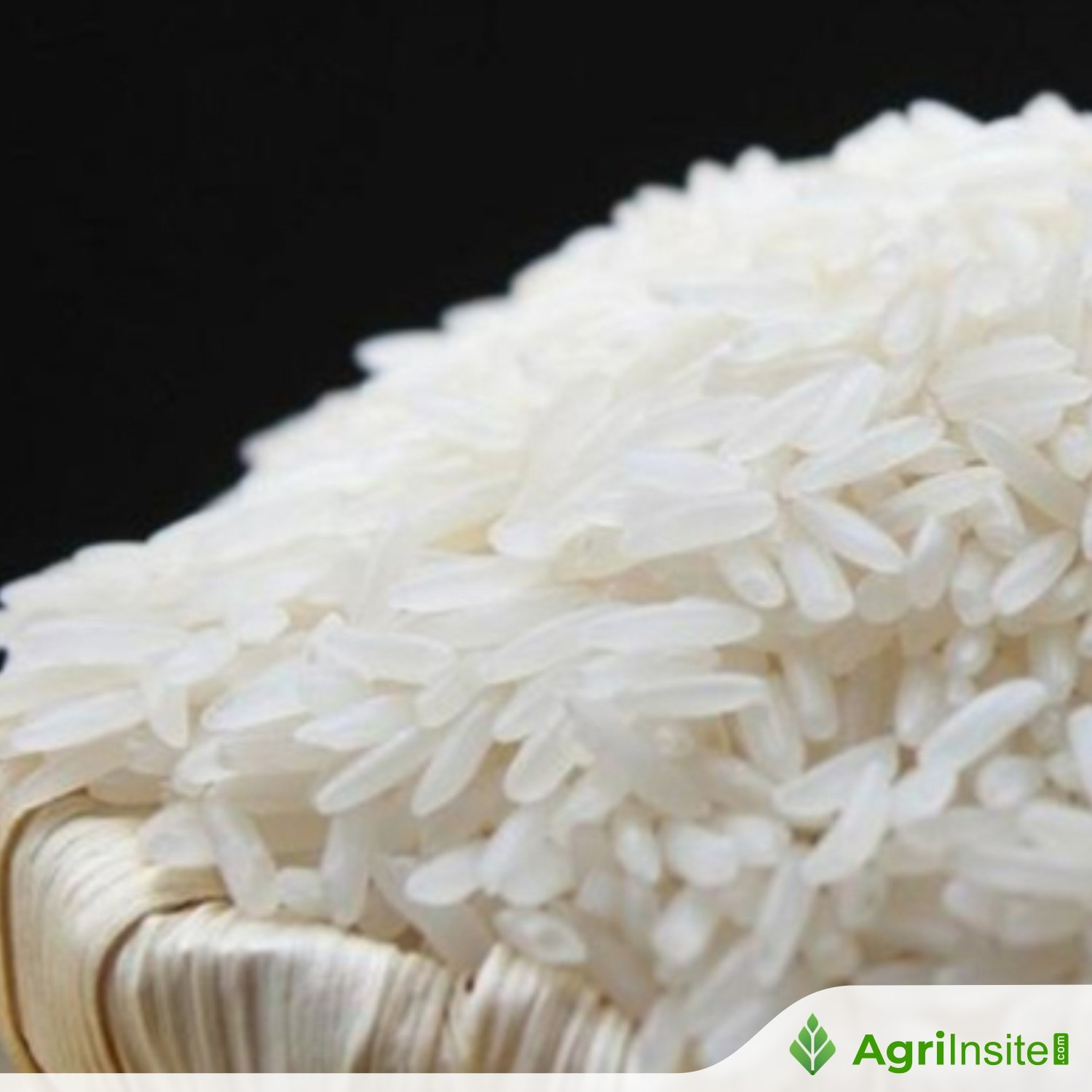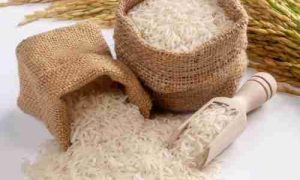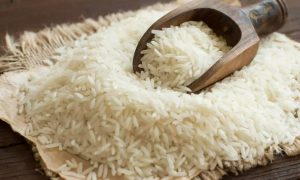Philippines : Traders warn rice import suspension to cause price spikes as solons back measure

Rice importers in the Philippines urged the government to reconsider its 60-day rice import suspension set to begin September 1, warning it may raise prices and disrupt supply. While lawmakers support the move to protect farmers, stakeholders argue that without a tariff hike, the measure may have limited impact on local producers.
MANILA — Rice importers said the government’s plan to suspend rice imports should be reviewed because this may cause prices to rise.
Rice importer and co-founder of the Philippine Rice Industry Stakeholders Movement (PRISM), Orly Manuntag, said many importers were caught by surprise with the announcement since the consultation meeting only happened last Monday.
“[Dapat] pag-aralan mabuti kasi yung rice sufficiency level ay 78 percent ayon sa PSA [Philippine Statistics Authority], kung sasabayin natin ang taripa at suspension, baka magkaroon ng effect sa presyo ng bigas,” Manuntag said.
(It should be studied thoroughly since our rice sufficiency level is at 78 percent. If there is a simultaneous suspension and the hiking of tariffs, the price of rice may be affected.)
The Palace earlier announced that rice importation will temporarily be suspended for sixty days starting September 1, to protect the farmers from low palay prices. Manuntag said they support raising tariffs to help local farmers. But he also warned that the price of imported rice may increase by P2 to P3 per kilo if tariffs are hiked to 25 percent, and as much as 6 pesos per kilo if fully reverted to 35 percent.
“Ang iniwasan natin ay magkaroon ng disruption sa supply and demand,” he added. (What we are avoiding is the disruption of supply and demand.)
Manuntag said there may still be time to discuss the measure as it will not be implemented until Sept. 1. He said importers are seeking clarity from the Department of Agriculture and the Bureau of Plant Industry regarding the suspension. They are calling for a meeting or the issuance of guidelines since some of them have pending orders from exporters.
“Nagbigay na ng pera ang mga importers, nagbayad na sa exporting countries, kawawa naman sila kung maiipit ang pera. Meron na ding order from their customers,” he said. (Some importers have paid their orders from exporting countries.)
SOLONS BACK MEASURE
Lawmakers, meanwhile, said they support President Ferdinand Marcos Jr.’s order to suspend all rice importation for 60 days.
House Spokesperson Atty. Princess Abante said the President’s move is in line with the House’s push to ensure affordable, accessible rice for Filipino families while protecting local farmers from rising production costs.
Abante added that the 60-day suspension presents an opportunity to address problems in rice pricing and to strengthen the support needed by local farmers across the country.
“Sana magamit din itong panahon na ito para talagang maayos ‘yung problema tungkol sa presyo ng bigas at mas mapalakas natin ‘yung suporta na kinakailangan ng ating local farmers,” she said.
IMMEDIATE EFFECT?
The National Food Authority said the announcement of the suspension of rice imports immediately pushed palay prices up in Bulacan.
“May farmer leader na tumawag sabi ang presyo ng palay gumalaw na P13.50 na admin, maya-maya P14 na, that’s the effect, bigla meron na epekto at yun ang impact,” NFA administrator Larry Lacson told ABSCBN News.
(One farmer leader called and said palay price rose to up to P14 per kilo. That’s the effect, we can see its immediate impact.)
Lacson said the decision to suspend imports starting September 1 is an effort to protect farmers, as more imports have entered the country in the past months.
“Sa tingin natin napakarami na rin ng imported na dumating, the main reason kaya medyo depressed ang presyo ng palay,” Lacson said.
(So much imported rice has arrived in the country, and this is the reason why palay prices remain depressed.)
However, agricultural group Samahang Industriya ng Agrikultura (SINAG) disagrees, saying the measure has had minimal effect.
“Importers can simply advance or delay their shipments to work around the suspension, especially since the tariff rate remains at a low 15 percent,” said Jayson Cainglet, Executive Director of SINAG.
“Despite the temporary halt, palay prices are expected to remain depressed, and farmers will continue to incur losses,” he added.
Cainglet said only the reversal of tariffs to 35 percent will truly be beneficial to farmers.
“In reality, the measure does little to protect local producers or stabilize the rice market,” he said.
Inflation has fallen in recent months as rice prices fell following the reduction of import tariffs on the commodity. However, low rice prices have reportedly also affected local farmers who are struggling to sell their harvests at fair prices amid the flood of cheap imports.
To Read more about Rice News continue reading Agriinsite.com
Source : ABS-CBN News














